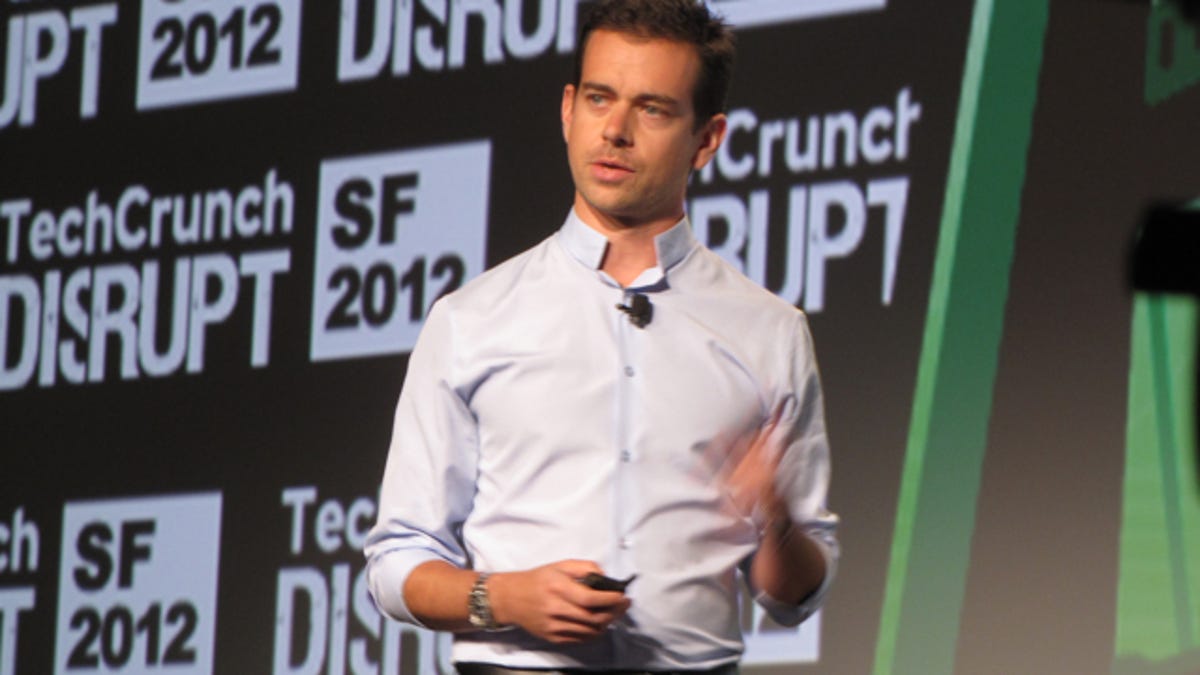At Square, Jack Dorsey said to preach external code of silence
A new Forbes profile of the Square and Twitter co-founder says his mobile payments startup is a tight ship where no leaks, even involving key news, plague the company.

At Square, the white-hot mobile payments company, someone must take notes during any meeting involving more than two people, and then distribute them to the whole company. Yet despite that process, instituted by co-founder Jack Dorsey, the company is airtight, with few leaks, especially involving key news.
In a new Forbes profile of Dorsey -- who also co-founded Twitter -- we learn that despite this "astonishing" system, even the most sensitive news has remained safe inside the startup's posh San Francisco digs.
It doesn't matter what the meeting is about: bug fixes, new partnerships, pending contracts, a new launch, important metrics. Everyone hears about them. Dorsey says he often gets 30 to 40 meeting notes every day. He filters them in his in-box and reads them through on his iPhone when he gets home at night.
More incredible is that with such massive scads of sensitive information circulating to the 400-plus people at Square, not a single item has surfaced on the Web. Earlier this year, when Starbucks CEO Howard Schultz reached Dorsey about using Square to process all credit and debit transactions in 7,000 stores, he announced the tentative discussions at an all-hands meeting hours later. No one tweeted the news. "We've had zero leaks, zero leaks," says Dorsey, knocking twice on a table, "since day one of the company."
Interestingly, the Forbes piece didn't mention allegations in a recent New York Times article that Dorsey is said by some Twitter employees to be "difficult" to work with, and that as a result, his operational duties at the microblogging service had been curtailed. In response, Dorsey said that his reduced role at Twitter was due to his having completed a series of projects at the behest of CEO Dick Costolo, and that the plan had always been to shift all his operational functions back to Dorsey.

